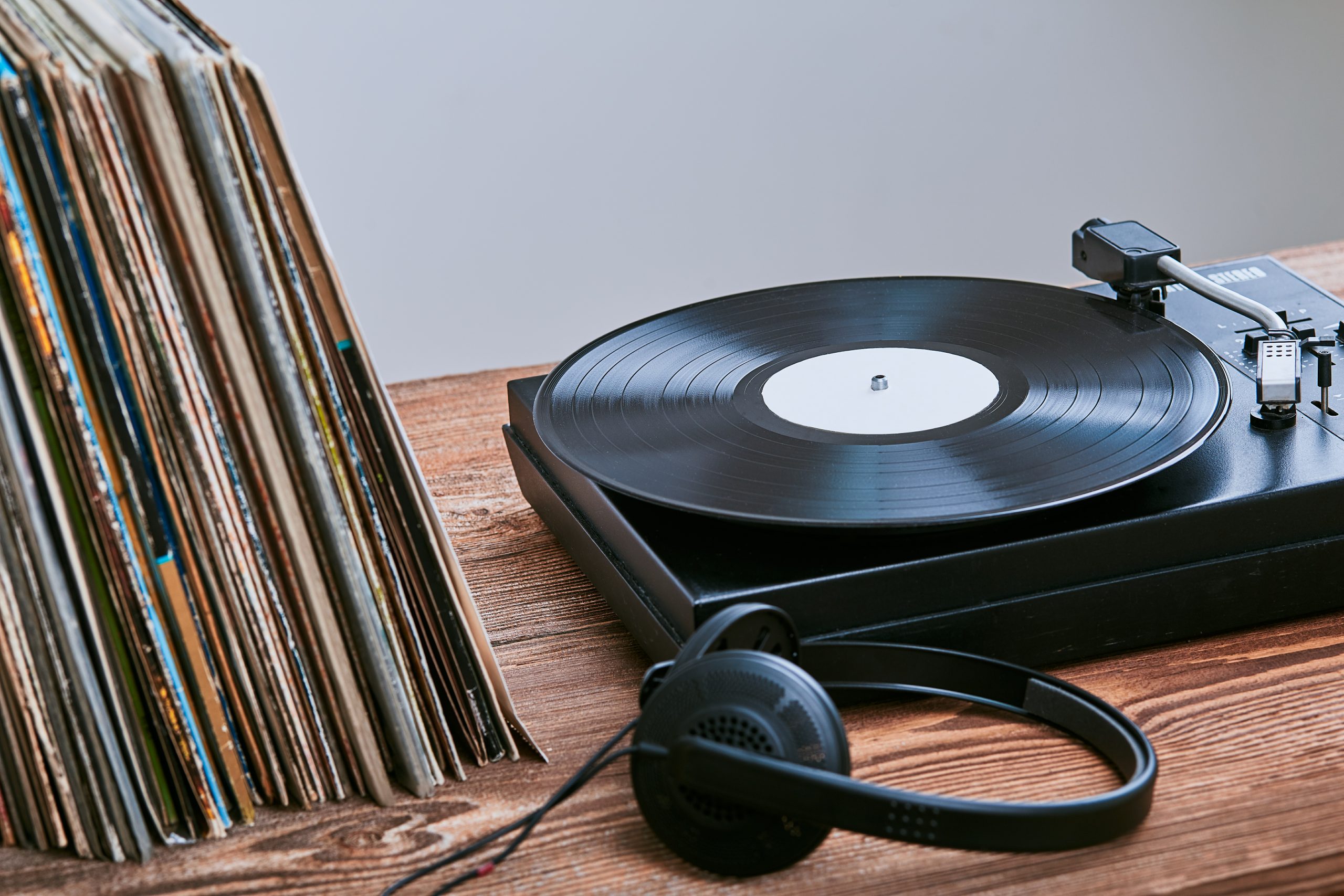The nostalgic sound of a vinyl record spinning on a turntable, accompanied by the warm, rich sound that only analog audio can deliver, is a treat cherished by a large number of music enthusiasts. Vinyl records are still well, defying the digital age and holding a place of honor in audiophiles’ hearts across the globe. This unique form of music carries the responsibility to manage and maintain it properly. There are many questions asked, however, one of the most common Do you think it is harmful for vinyl records to be stored in the player?

In this article, we will delve into the science behind vinyl preservation and why record player habits matter more than you might think. Knowing how to use your record players as well as care for your vinyl collection is vital, whether you are an experienced vinyl collector or a novice to the world of analog.
Vinyl records, the meticulously designed grooves that are etched into polyvinyl chloride discs are extremely sensitive and could easily be a victim of wear and tear without proper care. Although a vinyl record’s surface looks sturdy, it’s very susceptible to scratches dust, and even environmental conditions. The stylus and turntable are also a part of the complex dance that occurs between the record, your ears and the stylus. For vinyl to be properly appreciated, it’s vital that you use your record player carefully.
This guide is comprehensive and will clarify not only the myths associated with vinyl records, but will also demystify record player use. You will learn how to arrange your turntable in a proper way as well as how to select the best stylus and how to store your records safely.
The following topics will be covered:
1. The Anatomy of a Vinyl Record – Understanding how grooves are created and how mistakes can result in permanent damage.
2. The role of the record player: Discover the intricate mechanisms that breathe life into your vinyl collections, and also the consequences that incorrect calibration can have.
3. The art of needle drops. Investigating the importance of putting the needle in a gentle manner needle in the recording and why the abrupt handling can lead to less quality of the audio.
4. Vinyl Record Storage: Create a safe location for your collection and safeguard it from environmental dangers.
5. Cleaning Rituals: Debunking myths and exploring various methods to clean vinyl.
6. Avoiding the most common mistakes made by vinyl records. Understanding the traps that can be harmful to your favorite records and the consequences of not being aware of these.
This article will be of immense value to lovers of vinyl whether old or new. The aim is to arm you with the knowledge and expertise required to maintain your vinyl collection, ensuring that your favorites continue to serenade you with timeless tunes for generations to come.
Vinyl records represent nostalgia and a rich history for those who love music. However, rumors and misconceptions regarding handling vinyl records have been around for a long time and it is difficult for music lovers to know the truth and falsity. This article will help dispel the most commonly-cited vinyl handling myths and distinguish facts from fiction. It doesn’t matter if you’re new or a seasoned collector, this article will equip you with the information you need to properly care for your vinyl records, and keep them in great condition for decades to the future.
Vinyl record storage can be a great way to keep your collection in top condition. From buying an appropriate storage solution to avoiding scratching and dust accumulation, your recordings stand a greater chance of holding up to the test time in the event that they are properly stored. This will not only allow you in maximizing the quality of your music but also increase its longevity. You can listen to your music for many years to remain. Why not give your records the best chance possible by investing in storage equipment that is top-quality? Everyone wants to be disappointed to see the quality of their favorite albums decrease with time. Vinyl record preservation does take an investment, but it’s well worth the effort over the long term – so what are doing you
Leave a Reply